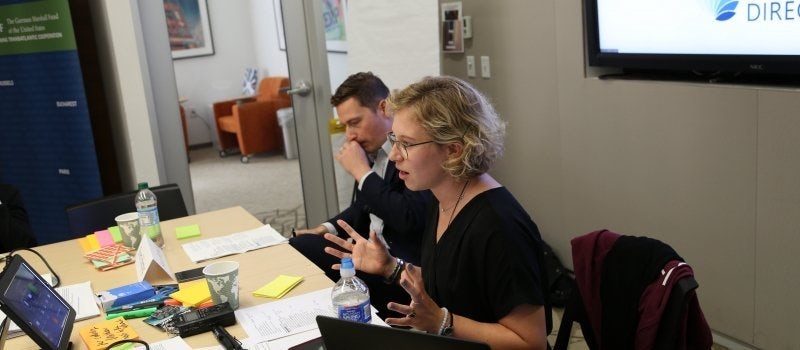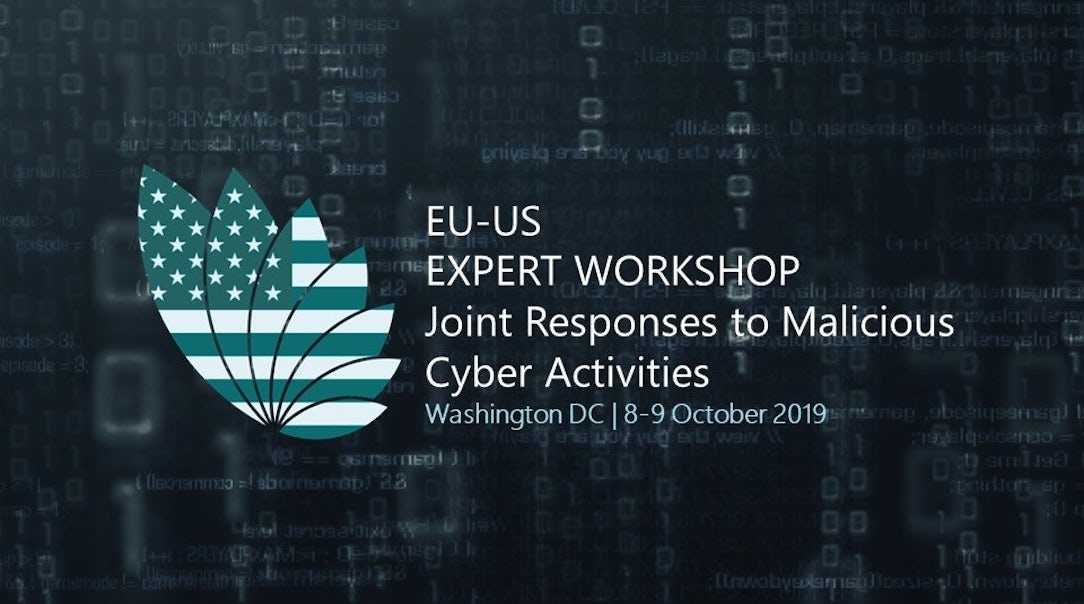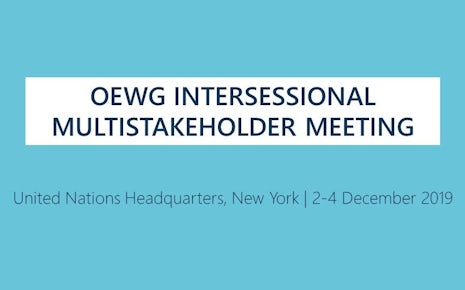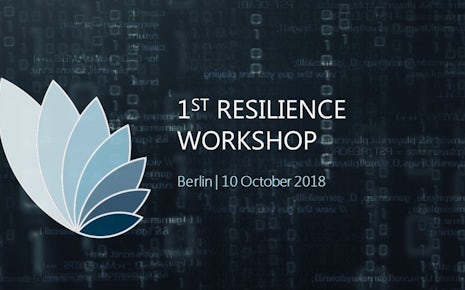Workshop on Joint Responses to Malicious Cyber Activities
On October 9th, the EU Cyber Direct project partner Stiftung Neue Verantwortung (SNV) conducted a workshop on the EU-US joint responses to malicious cyber activities, hosted and co-organized by project partner German Marshall Fund (GMF).
For the US and the EU, responses to malicious cyber activities have an international component. The US government has stated that the “imposition of consequences would be more impactful and send a stronger deterrent message if it were carried out in concert with partners. Partner states could, on a voluntary basis, support each other’s responses to significant malicious cyber incidents, including through intelligence sharing, buttressing of attribution claims, public statements of support for responsive actions taken following an incident, and/or actual participation in the imposition of consequences against perpetrator governments ”. In the EU, the General Secretariat of the Council stated in its “draft implementing guidelines for the Framework on a Joint EU Diplomatic Response to Malicious Cyber Activities” that “appropriate coordination with like-minded partners and international organizations should be envisaged. ” The US and the EU have underlined the need for coordination and cooperation in this matter in the 2018 and 2019 cyber dialogue and support practical collaborative efforts.
At this workshop, experts in cybersecurity and foreign policy from the US and the EU assessed the current state of joint EU-US responses to malicious cyber activities and determined further concrete options for joint EU and US responses to malicious cyber activities as was envisioned by diplomats in the EU-U.S. Cyber Dialogue from 2018 and 2019. This included actions taken in three distinct phases: prevention, detection, and reactions.
Roundtable “Do we need a Schengen for the Internet?”
A dinner discussion among EU and US experts in cybersecurity policy and foreign policy revolved around joint responses to malicious cyber activities, introduced by Robert K. Knake, a senior fellow at the Council on Foreign Relations and former director for cybersecurity policy at the National Security Council 2011-15 in the Obama White House. In the new book “The Fifth Domain” Knake and his co-author Richard A. Clarke, who served as a key advisor on intelligence and counterterrorism in the administrations of Presidents Ronald Reagan, George H. W. Bush, and Bill Clinton, offer a riveting, agenda-setting insider look at what works in the struggle to avoid cyberwar and pose some ideas of how to move forward. One of the more controversial ones “A Schengen for the Internet” was discussed at the dinner discussion.
- Follow us on Twitter @EUCyberDirect
- Join the conversation on cyber diplomacy on Twitter using #EUCyber





